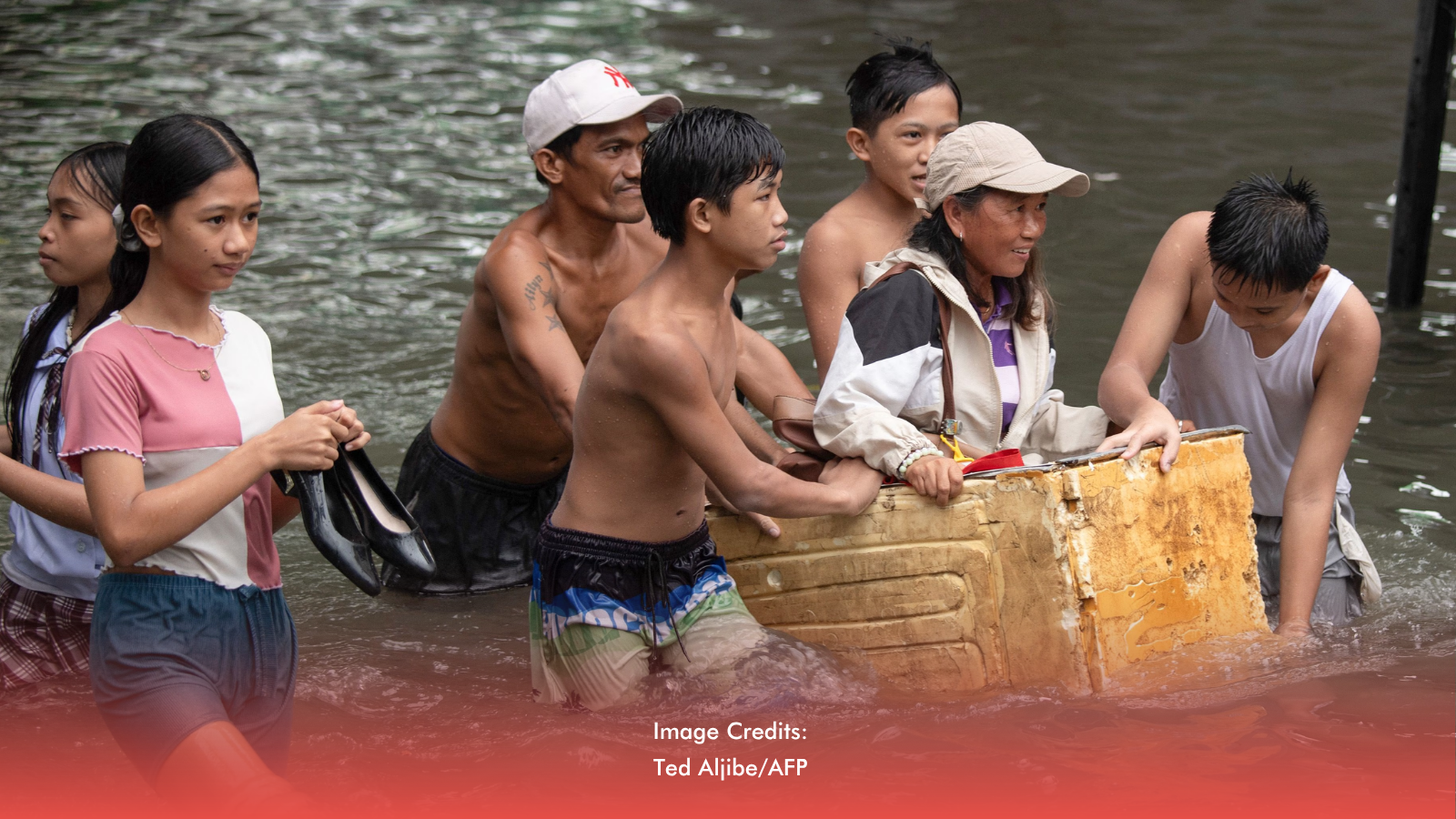With over 1.4 million Filipinos affected by recent flooding, the pressure is mounting for government agencies to answer for what civil society groups say is a failure of planning, protection, and accountability.
Aksyon Klima Pilipinas (AKP), the country’s largest climate advocacy network, is urging Congress to launch a legislative inquiry into the country’s flood control projects. In a statement, the group called on lawmakers to assess whether these projects are working—and to hold responsible agencies like the Department of Public Works and Highways (DPWH) and local government units (LGUs) accountable.
“These inquiries must be conducted in good faith,” AKP said, stressing that the goal is not just blame, but solutions that work for vulnerable communities.
More Than Climate Change: Civil Society Points to Mismanagement
While acknowledging that climate change is intensifying storms and rainfall, AKP said it is not the only reason the country floods year after year.
“As a nation that faces monsoons and an average of 20 storms annually, there is no reason streets should keep turning into rivers,” the group said. “People shouldn’t have to live in fear every rainy season,” they added.
AKP outlined a four-point agenda, calling for:
- * A multi-sectoral review of flood management plans;
- * Stronger enforcement of environmental laws to protect forests, mangroves, and wetlands;
- * A stop to mining and quarrying in flood-prone areas; and
- * Passage of the Climate Accountability Bill (CLIMA) to hold polluters liable for human rights impacts.
Government Projects Under Scrutiny
As of Wednesday, July 24, the National Disaster Risk Reduction and Management Council (NDRRMC) reported over 1.4 million people affected and a rising death toll of seven due to Storm Crising, the Habagat, and a low pressure area.
In Metro Manila alone, the MMDA logged more than 500 flooding incidents. The Department of Transportation also flagged MRT Line 7 and Skyway project contractors for allegedly worsening flood conditions.
AKP emphasized: “We don’t just need infrastructure—we need responsibility.”








